In Brief
Situation Report
The Democratic Republic of Congo (DRC) has announced plans to send a delegation to Angola for peace talks with the Rwanda-backed M23 rebels.
This decision marks a significant shift in President Felix Tshisekedi's stance, as he had previously dismissed the idea of engaging directly with the M23 group, which he considers a terrorist organization backed by Rwanda.
The talks, scheduled to begin on March 18 in Luanda, aim to address the escalating conflict in eastern Congo. The situation has worsened significantly this year, with M23 capturing major cities like Goma and Bukavu, and displacing over 600,000 people since November.
Angola's role as a mediator reflects its efforts to facilitate a sustainable ceasefire and ease tensions between the DRC and Rwanda, which has faced accusations of supporting the M23.
Rwanda has denied these claims, but UN experts estimate that M23 is backed by approximately 4,000 Rwandan troops.
The M23 group has outlined several conditions for the talks, including a request for President Tshisekedi to publicly affirm his willingness to engage in direct negotiations. Despite these developments, clashes continued in the Walikale area, highlighting the challenges in achieving a lasting peace.


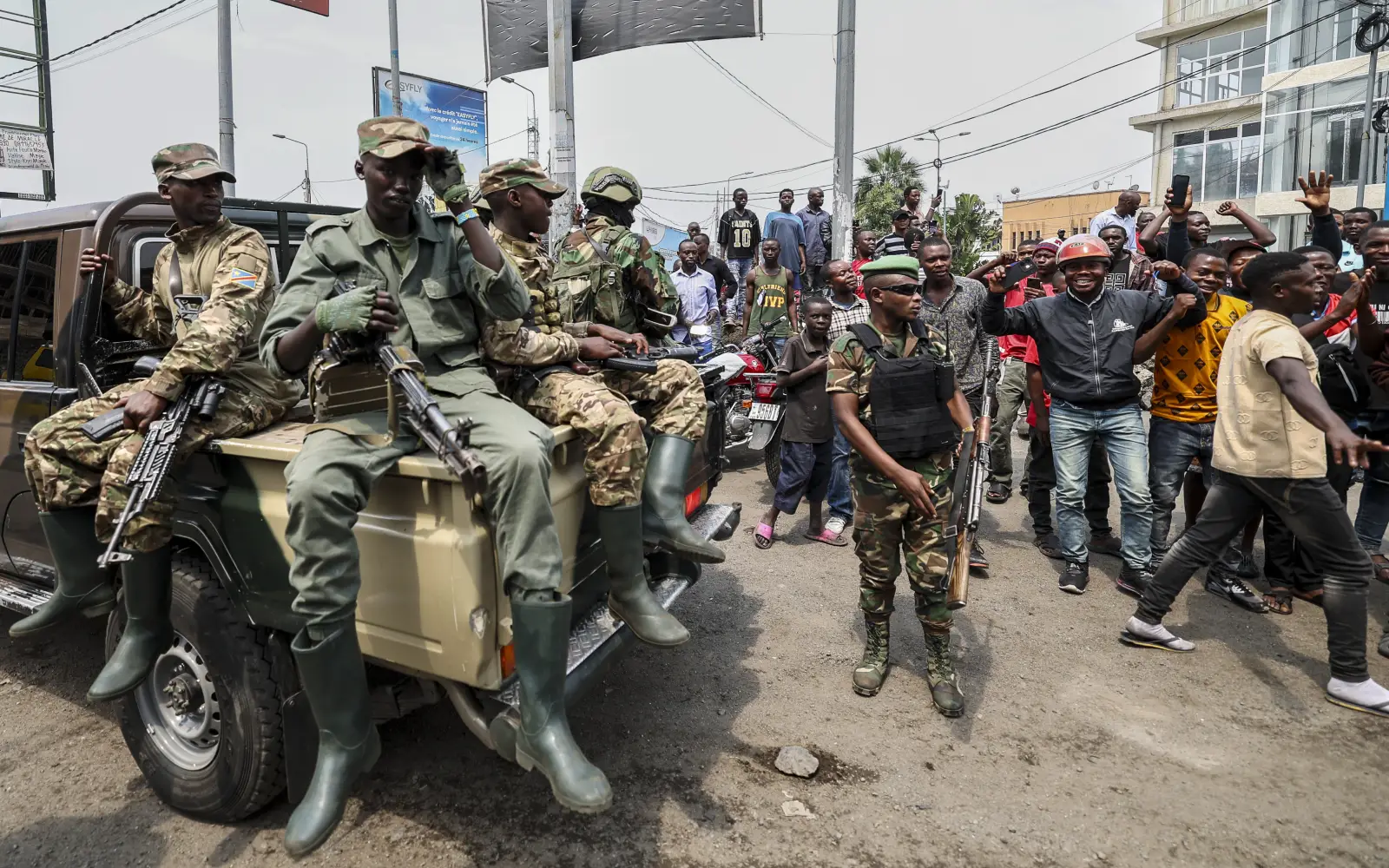

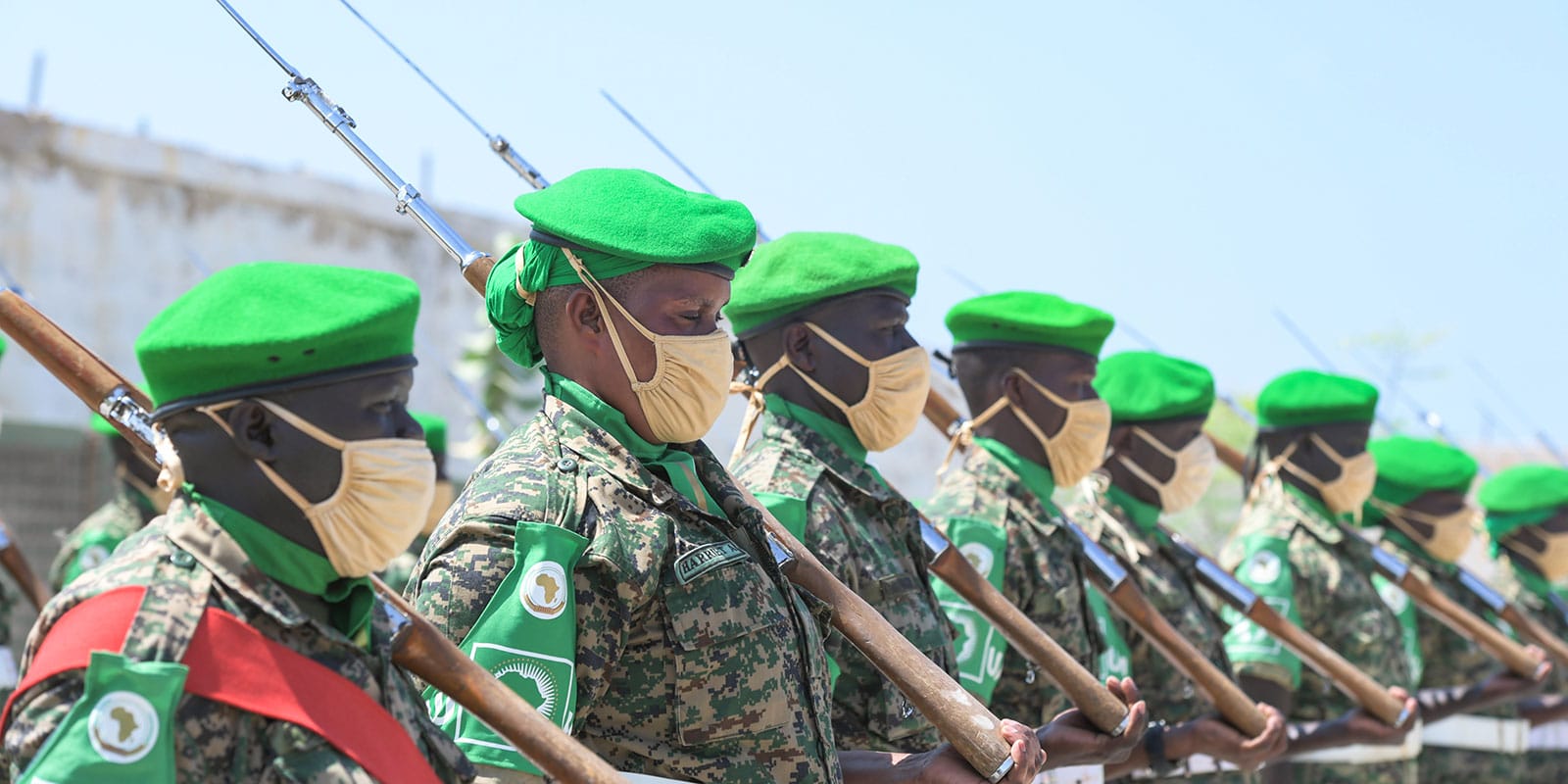
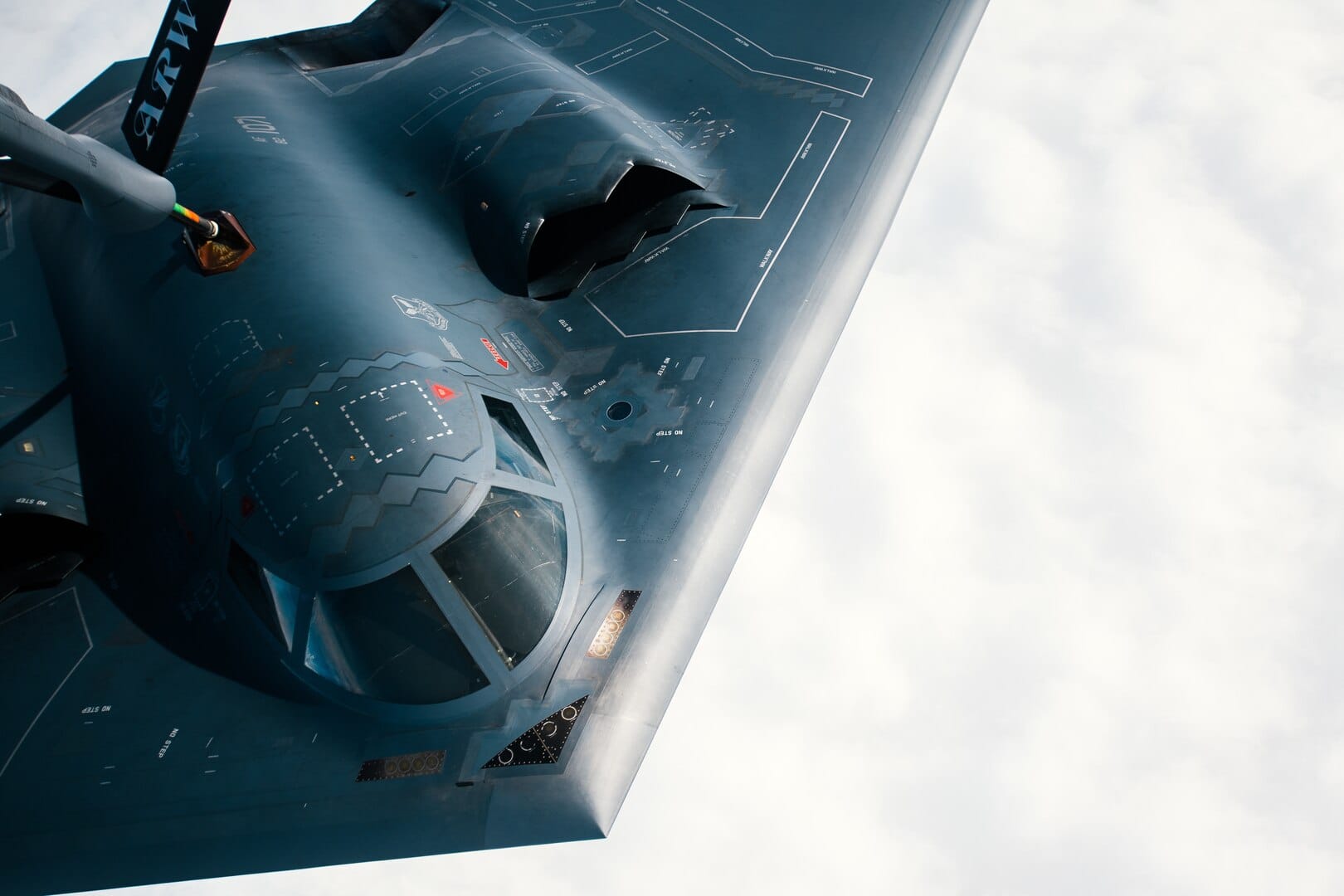

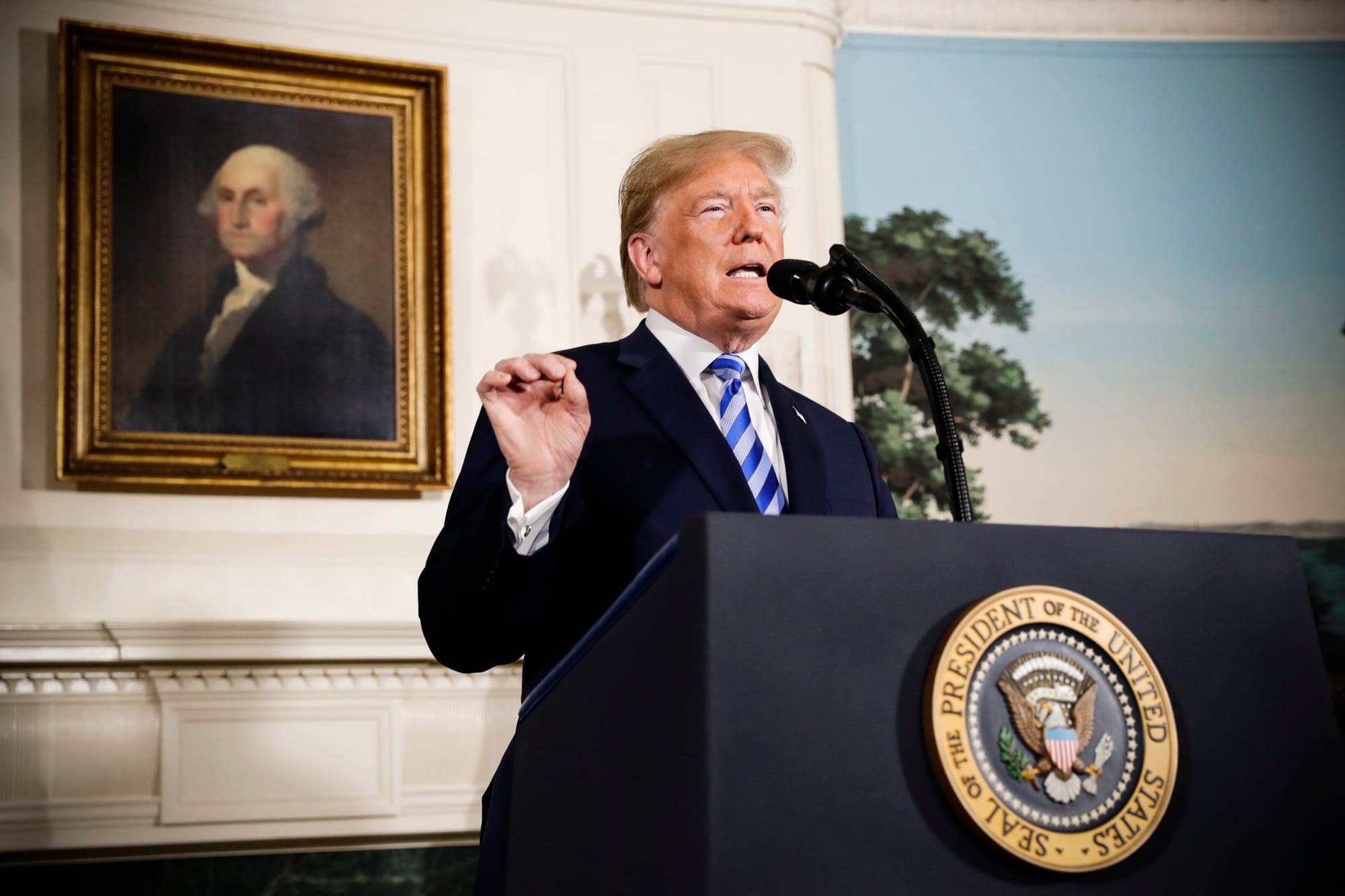
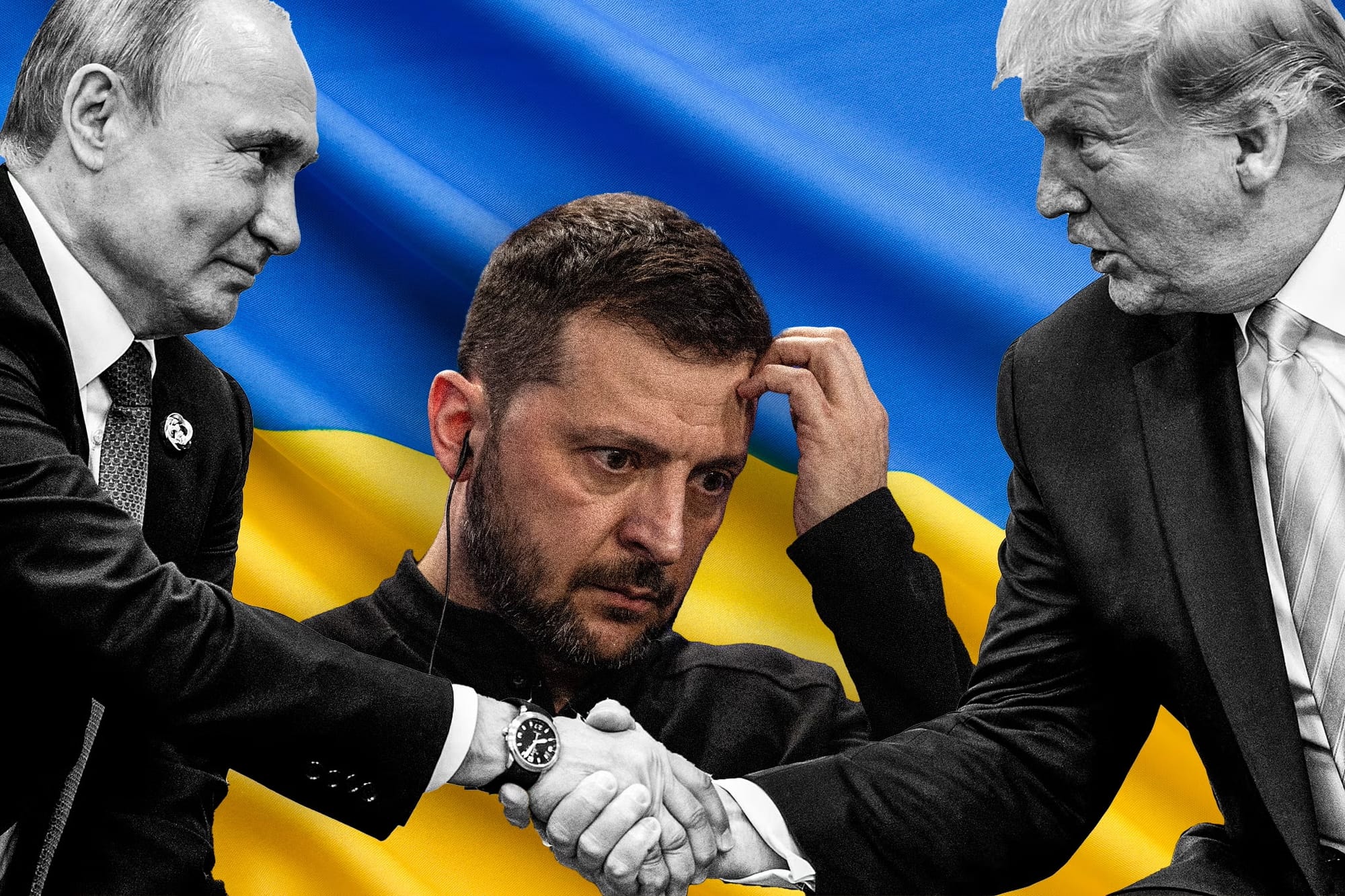

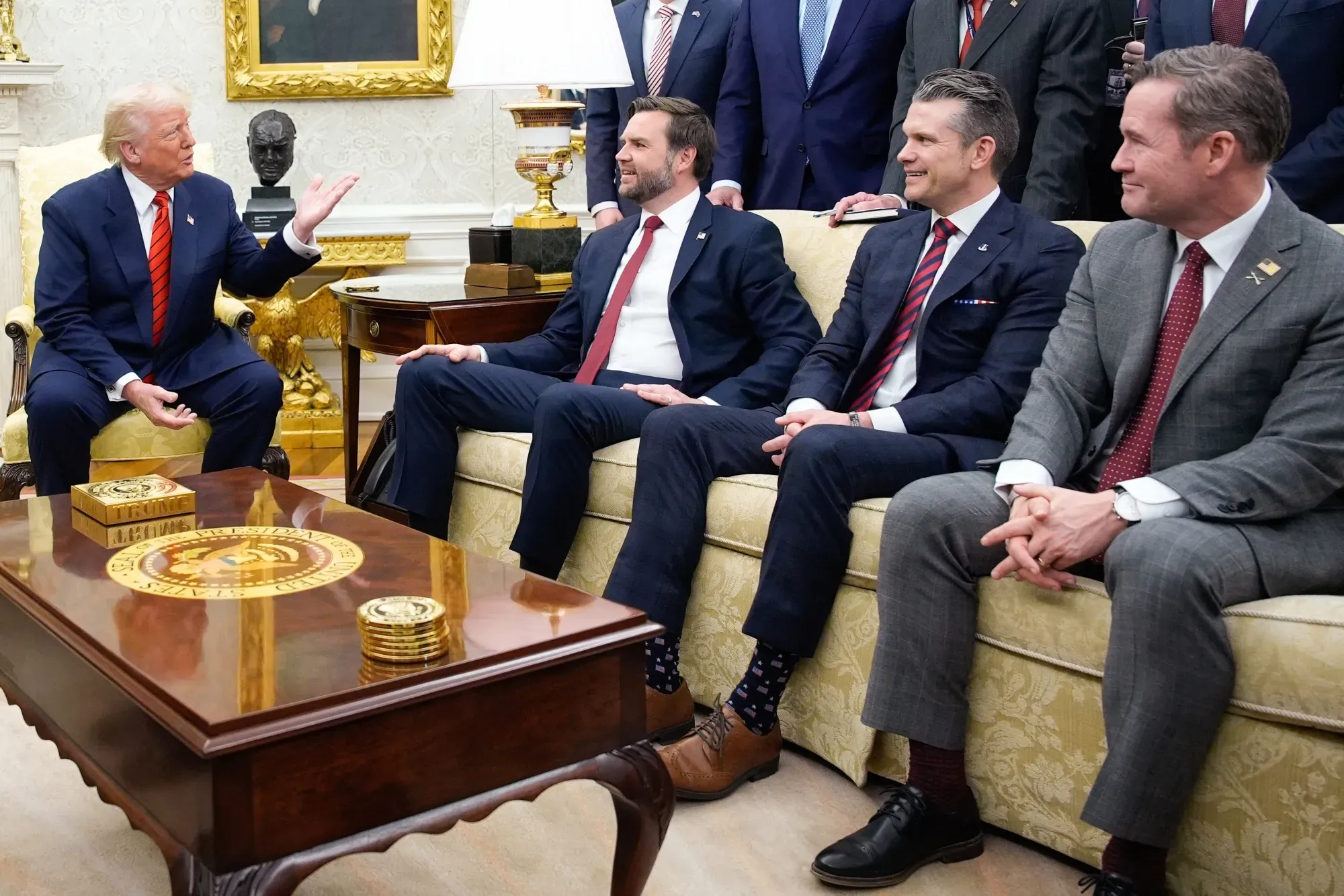
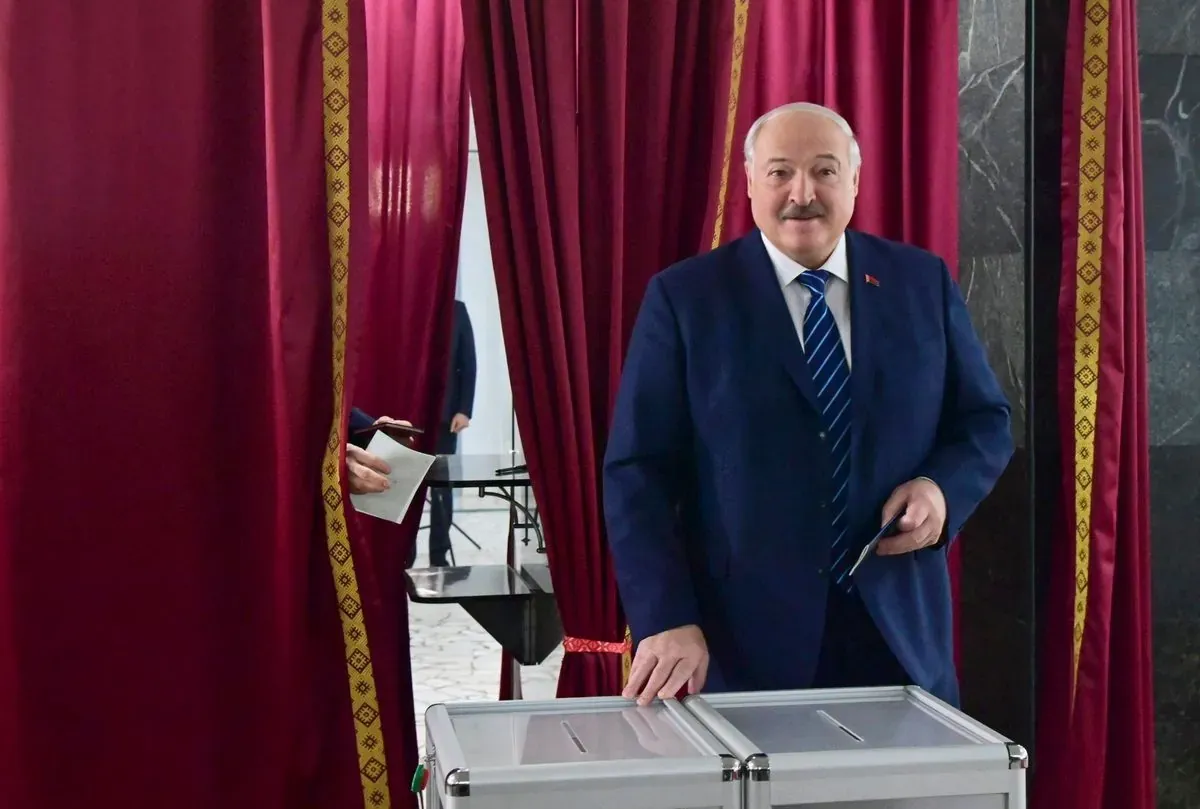
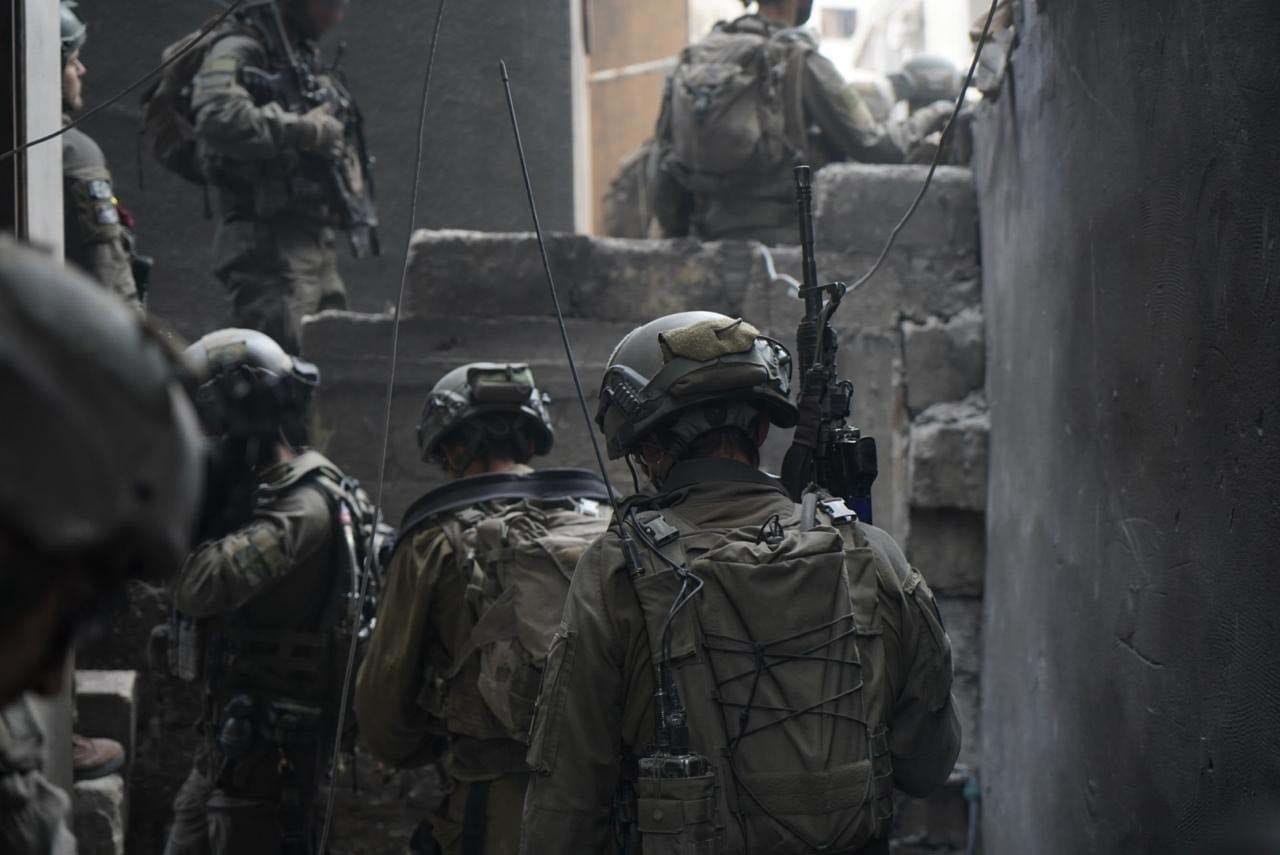
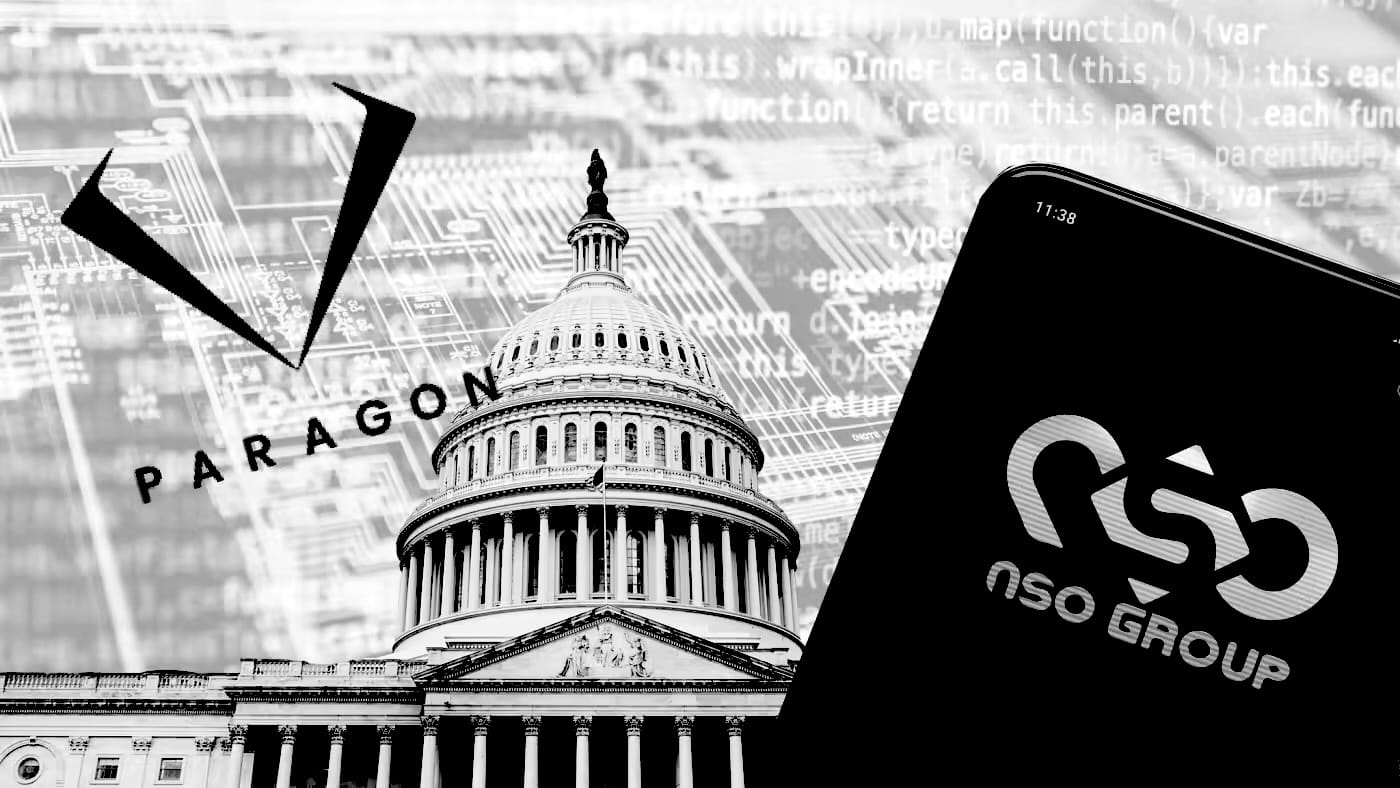
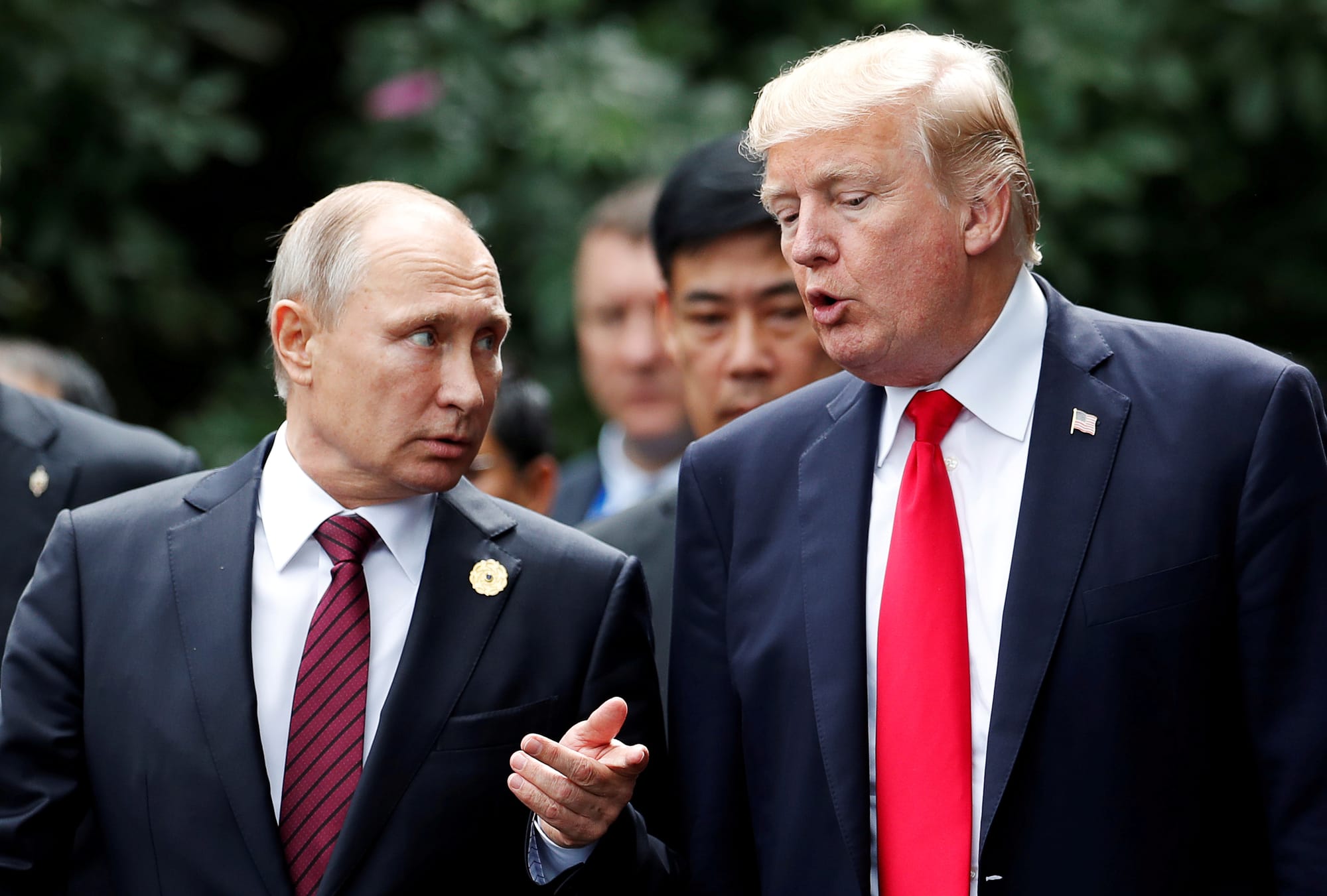
Discussion